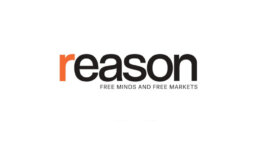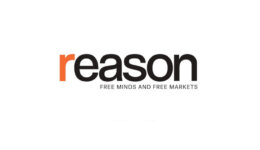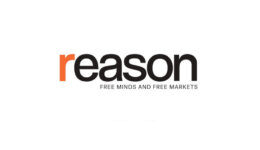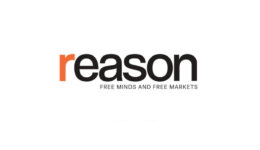Search Within Libertarian Resources
Try searching within the resources. This will actually search the entire site of all the resources we have.
Use this to search for positions on issues such as tariffs, minimum wage, open borders, healthcare, drug laws, gun control, abortion, gay marriage, eminent domain, social security, labor unions, immigration, border wall, education, foreign policy…
Libertarian News
Includes news from Reason, LewRockwell, Libertarian Party and much more.







![lawsuit-alleging-school-district-wouldn’t-inform-certain-parents-about-their-children’s-“sign[s]-of-an-lgbtq+-identity”-dismissed-for-lack-of-standing lawsuit-alleging-school-district-wouldn’t-inform-certain-parents-about-their-children’s-“sign[s]-of-an-lgbtq+-identity”-dismissed-for-lack-of-standing](https://libertarianguide.com/wp-content/uploads/335372/lawsuit-alleging-school-district-wouldnt-inform-certain-parents-about-their-childrens-signs-of-an-lgbtq-identity-dismissed-for-lack-of-standing-1024x858-260x150.jpeg)












